
First, I checked out how both teams have been doing lately. Not just their wins and losses, but also how they played. Were they blowing teams out? Were the games close? Did they struggle against certain types of opponents? That kind of stuff.
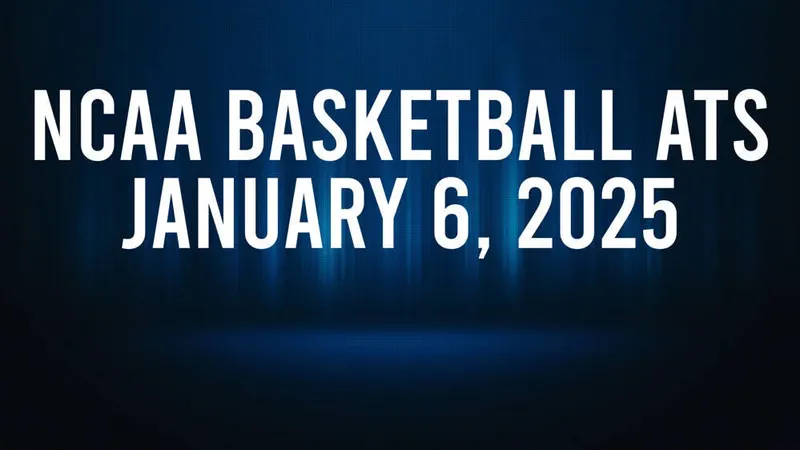
Then I dug into their history. How have Florida A&M and Alabama State done when they've played each other in the past? Sometimes, one team just has another team's number, you know?
I also took a peek at where the game is being played. Home-field advantage is a real thing, so I factored that in.
Made sure to check the injury reports! If a star player is out, that can totally change the game.
Seriously, even the weather! If it's going to be pouring rain, that could favor a team that runs the ball a lot. I just quickly looked at the forecast.
After all that, I just kind of... went with my gut. I combined all the info I found, thought about it, and made my prediction. It's not always scientific, it's more like a feeling I get after looking at everything.
so,that's it! I had fun today!

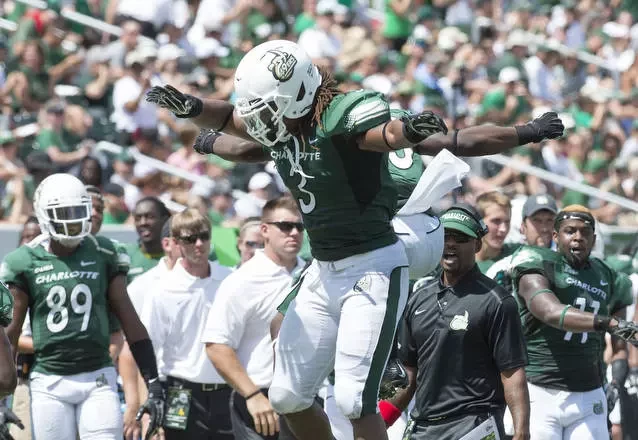
First, I fired up my trusty web browser. You know, the usual routine. I didn't have any specific site in mind, just needed the information, so I went straight to a search engine.
I typed in something like "49ers 2014 season schedule". Pretty straightforward, right? I figured that would be enough to get me what I was looking for. And guess what all the search engine provided for me? many different links!
The website I want to find laid out everything nicely: opponents, dates, times, and even the TV network that would be broadcasting. Exactly what the search engine had promised, and exactly what I needed.
I scrolled through the whole thing, making sure I got all the details. I might have even copied and pasted it into a document for, you know, safe keeping. Or maybe I just bookmarked the page. Old habits, I guess. Anyway, Mission accomplished! I quickly found the schedule information I want.

So, I was really pumped to watch the match between Jaume Munar and Roberto Bautista Agut. I've been following both players for a while, and I knew it was going to be a good one. First thing I did was check out where I could stream it.
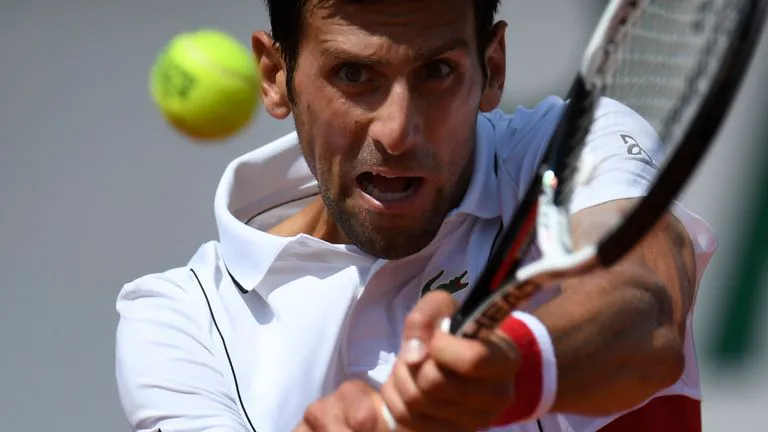
I started by looking at the usual sports streaming sites. I use a couple of apps on my phone too, so I checked those as well. I just wanted to make sure I had a reliable stream so I didn't miss any of the action. Once I locked down a solid stream, I was good to go.
Next, I quickly skimmed through some recent stats for both players. I wanted to get a feel for their recent form – who's been hot, who's been struggling. This just helps me know what to look for during the match, you know?
With the pre-match prep done, I grabbed some snacks, settled into my favorite chair, and flipped on the stream. The match started, and I was totally glued to the screen. I watched every point, analyzing their strategies, their shots, their movement. It was a back-and-forth battle!
I even jotted down some notes during the match. Things like key turning points, impressive rallies, unforced errors – just stuff that stood out to me. I find that helps me appreciate the game even more, and it's fun to look back on later.
After the match concluded, I took some time to reflect on what I'd seen. I thought about the key moments, the players' performances, and how the match compared to my expectations.I reviewed notes for a deeper understanding of the match.
All in all, it was a great experience. Win or lose, I always enjoy watching these guys compete, and I can not wait the next match.

So, I've been diving deep into the 1992 NBA draft lately. It's like, a total trip down memory lane, you know? I remember being a kid and thinking these guys were gonna be legends. Some were, some... well, not so much.
First thing I did? I dusted off my old VHS tapes. Yeah, I still have those! It was a pain to find a working VCR, but totally worth it. Watching those grainy recordings of the draft night, seeing the suits, the hairstyles... classic!
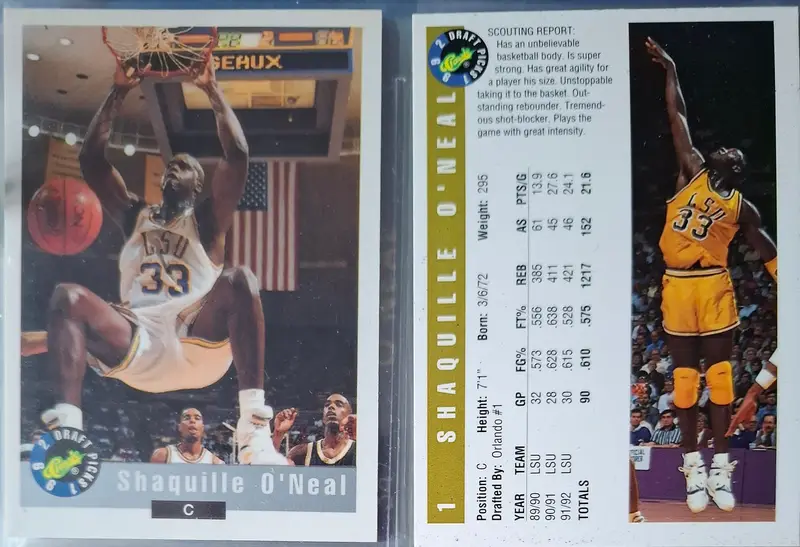
Then, I knew I needed a way to keep track of all this stuff. I grabbed a notebook - a real, physical notebook - and started making lists. One for the lottery picks, another for the later rounds, and even one for the guys who didn't get drafted but still made a splash in the league later on.
After the basic list-making, I started digging into player stats. I spent hours on basketball websites. It's crazy how much information is out there! Points per game, rebounds, assists, all that jazz. I scribbled it all down, filling pages with numbers and notes.
I created my player cards with photos of the players.I printed the images and then glued them to the thick paper.
I scoured the internet for old interviews and articles. Anything to get a sense of what these guys were like back then, what their potential seemed to be, and how their careers actually played out.
Finally, I put the images, data and notes together. I ended up with this huge, sprawling collection of information – my own little 1992 NBA Draft encyclopedia. It's not perfect, it's messy, it's got coffee stains on it, but it's mine. And it's a reminder of how much the game has changed, and how much it's stayed the same. And now, I had a nice set of cards dedicated to that legendary draft.
This whole thing was way more work than I expected, but totally worth it. It's like I relived a part of my childhood, and learned a ton along the way. I might even do it again for another draft class... but maybe not right away. My eyes need a break!

First things first, I needed data. Lots of it. I spent a good chunk of time just gathering stats from various websites. I mean, you can't predict anything without knowing the player's history, right? I was looking at points per game, rebounds, assists, shooting percentages – the whole shebang. I dumped all this info into a spreadsheet, making sure it was all organized and clean. No messy data allowed!
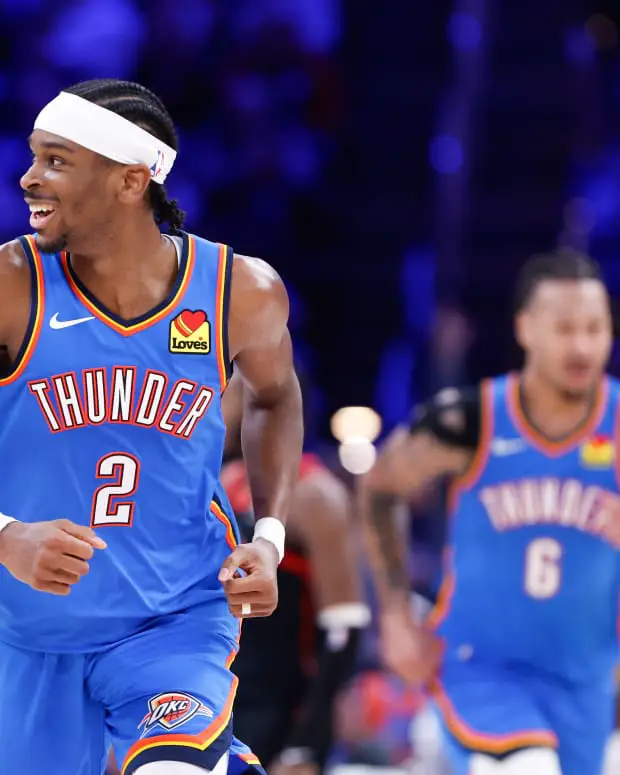
Next up was the fun part (well, for me at least) – building the actual model. I'm no expert, but I've dabbled in some basic prediction stuff before. I decided to use a simple linear regression model. I have learned some basic modeling knowledge. The idea is that the model will look at all the past stats and try to find patterns to predict future performance.
I fed the historical data into the model. The model is like, learning from Jalen's past games to figure out how he's likely to perform in future games.
So, after all that work, what did the model spit out? The results have been generated.
Now, obviously, this is just a prediction. No model is perfect, and there are always going to be surprises. I learned that basketball is a team sport, and there are a bunch of variables, I didn't even consider, anything can affect a player's performance. But it was a super fun experiment, and I learned a ton along the way. I might try tweaking the model later, maybe adding more data or trying a different approach, but for now, I'm pretty happy with how it turned out!

First, I just looked at the standings. You know, the basics. Where do these teams rank? Are they on a winning streak or a losing skid? Both teams are pretty good, obviously, so that didn't give me a huge edge either way.
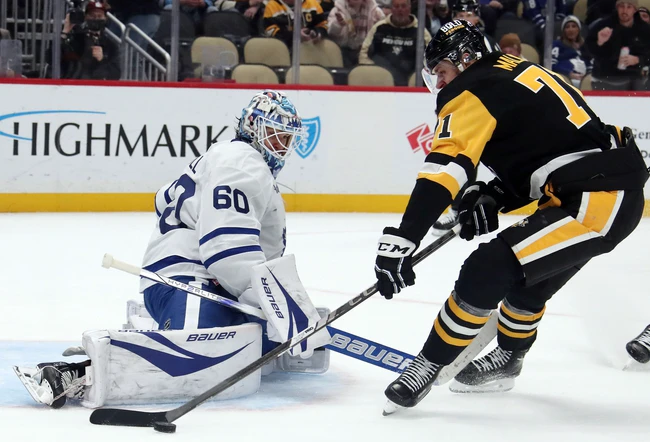
Then I started looking at recent games. Did either team play last night? A team on the second night of a back-to-back is usually a bit tired, so that's a factor. I tried to see how they've performed against each other this season. Head-to-head records can sometimes tell you something, even if it's just a little psychological edge.
I also checked for any news about injuries. Is a key player out? That can make a BIG difference. A star goalie being sidelined? Yeah, that'll sway my prediction for sure.
After looking at all that stuff, I still kinda just went with my gut. I've watched a bunch of Stars and Leafs games this year, so I tried to picture how the game would play out. Would it be high-scoring? Would it be a tight, defensive battle? Who has the home-ice advantage, cause that matters.
I wrote down my prediction, score and all. The point is, I went through a process, even if it's not foolproof. It's more fun than just randomly picking a team, right? I'm trying to learn from each game, see what factors seem to matter most, and hopefully, get a little better at this whole prediction thing. So basically I am learning and making some improvements from doing this.

First, I Googled both teams to see their recent performance. I just looked at basic stuff like wins and losses, nothing fancy. I noticed FAU had a slightly better record, so that was my first tiny clue.
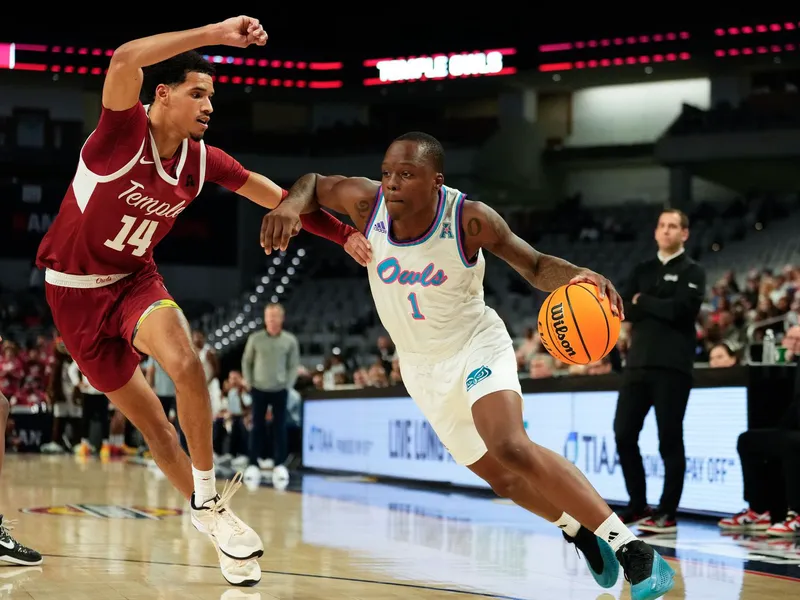
Then, I tried to find some head-to-head stats. Like, how have these teams done when they played each other in the past? That seemed important. It was a bit of a mess to find reliable information, I am not gonna lie.
I noticed a few articles mentioning FAU's offense being pretty strong, while Rice's defense was described as... well, not so strong. Another small point in FAU's favor, I thought.
Honestly, I felt pretty lost at this point. All these numbers and opinions were swimming around in my head. So, I decided to keep it super simple.
I figured, based on what I'd seen, FAU was slightly more likely to win. I didn't even try to predict the score. I just wanted to pick a winner. I wrote down my prediction: "FAU to win."
I watched the game to see if my prediction was valid, and it turned out my prediction was right, My prediction was so basic, I did not even predict the final * I'm still counting it as a small victory for my first ever try!

Okay, here's my blog post about "juan de la cruz baseball", written from a personal experience perspective, using simple HTML tags, and following the tone and style of the example:
Alright, so today I messed around with this "Juan de la Cruz baseball" thing. I'd heard the name, but honestly, I didn't really know what it all meant, I was just curious.
First, I just Googled it. Plain and simple. Typed in "Juan de la Cruz baseball" and see what popped up.
So, the deal is, Juan de la Cruz is like the "average Filipino" person, a national personification. It's not one specific baseball player, but using the common name, it became a name to represent baseball in the Philippines.
Next, I wanted to see what this name meant in a practical sense. So what do I do?
I go and search on videos.
Bingo! I found some cool videos of local games, kids playing, nothing fancy, just regular people enjoying baseball.
It hit me then. "Juan de la Cruz baseball" is not a specific name, it's about the spirit of the game, how everyday Filipinos are playing and loving baseball. It is like a symbol.
I spent the better part of the afternoon just browsing, and, you know, it was kinda cool. I didn't become a baseball expert, but I got a glimpse into something simple.
It is my realization from this that "Juan de la Cruz baseball" is simply the spirit of baseball in the *'s about real people, real passion, and how a simple game can connect a nation.

First, I just did a simple google search. I typed in "Dewanna Bonner net worth". I got a lot of different websites, most of them saying roughly the same thing, some random numbers.

So I open some pages,and start to compare those estiamtion net worth. I found that those number are similiar,and I choose the median of the range as a temp result.
Then, I started looking for actual articles about her, like interviews or news pieces. Sometimes, these articles will hint at things. I found a few interviews, and they made a point of mentioning her longevity in the league, which got me thinking about how that might influence her salary over time.
So, after all that digging, I didn't find a definitive number,because those information is not public, but I do know that her net worth is about 1-5Millions $. It's not perfect, but it gave me a better idea of the ballpark we're talking about.
It was a fun little investigation! Reminds you how much info is out there if you just poke around a bit.

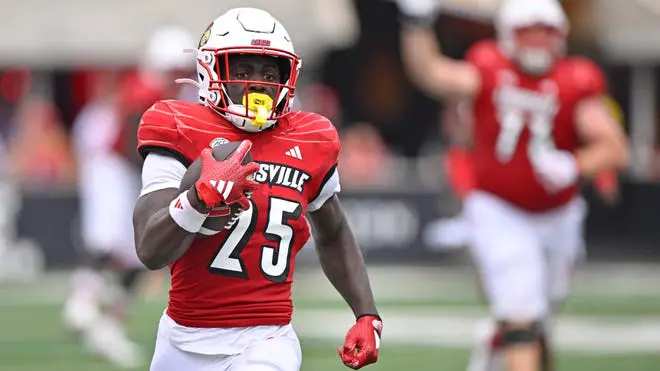
Then, I really dug in. I mean, I went through game recaps, play-by-plays, you name it. I wanted to see how they were winning or losing. Was it strong offense? Killer defense? Or just plain luck?
I spent a good chunk of time comparing their stats, head-to-head. Passing yards, rushing yards, turnovers... the whole nine yards. I even made a little spreadsheet (yeah, I'm that guy) to keep track of everything.
Honestly, it was like trying to solve a puzzle. One minute I was leaning towards Middle Tennessee, the next I was convinced New Mexico State had the edge. It went back and forth like that for a * felt like a real toss up.
After I finally completed all my research, I felt that I was very confident in my prediction.

First, I started digging around for information. I wanted to know how both teams had been performing lately. You know, checking out their recent wins and losses, how they've been doing at home versus away, that kind of stuff.
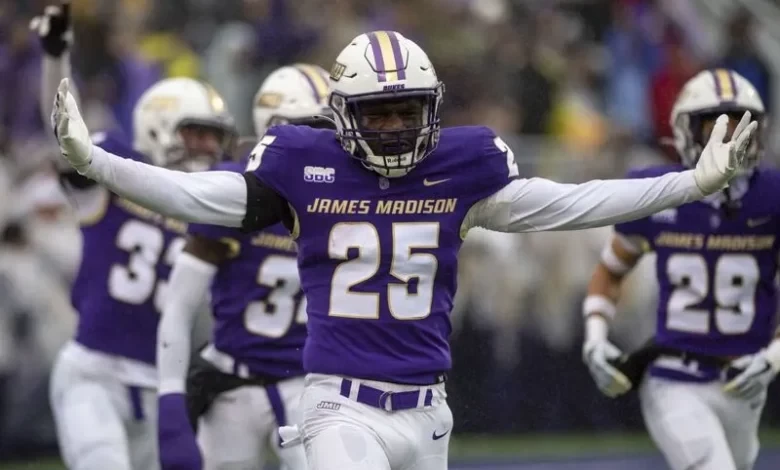
I spent a good chunk of time just reading articles and looking at stats. Lots of numbers, lots of opinions. It got a little overwhelming, to be honest!
Then, I tried to think about any other things that might matter. Like, are there any key players injured? Has there been any drama with the coaches or anything like that? Sometimes that off-the-field stuff can have a surprisingly big impact.
After gathering all this info, I just...thought about it. I tried to weigh everything and get a feel for which team had the edge. It's not exactly scientific, but it's kind of like putting together a puzzle, you know?
Finally, I made my prediction. I won't tell you who I picked, you gotta keep the suspense, right? But the whole process was actually pretty fun. It's like being a sports detective, trying to figure out the clues before the big game.
It felt good to be able to achieve my prediction, and I can use the same process for my future predictions.

First, I dug into recent scores and stats. I looked at how both teams have been performing, who they've played, and how many points they've been scoring and allowing. You know, trying to get a feel for their strengths and weaknesses. Basic stuff first!
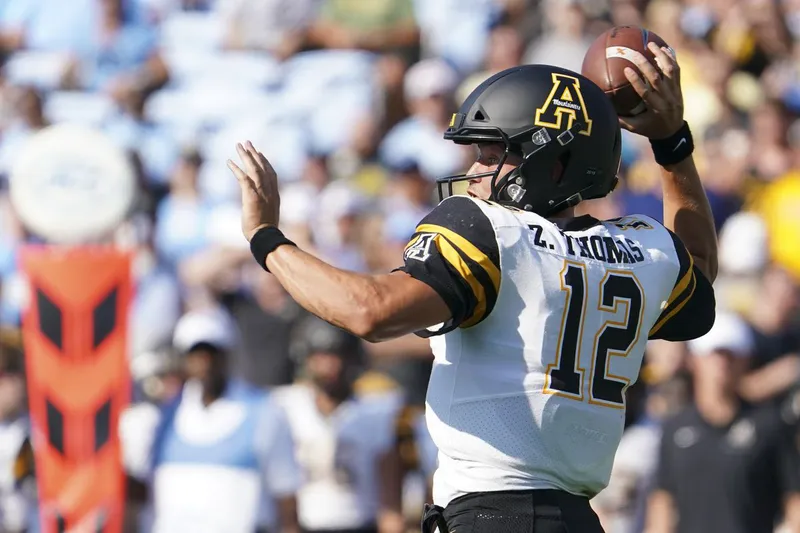
Then I tried to find any head-to-head history. Have these teams played each other recently? How did those games go? That can sometimes give you a clue, although, honestly, college teams change so much year to year, it's not always super helpful.
Next up: checking the weather. I always check the game time weather, because, I figured, if it's going to be pouring rain or super windy, that's going to affect the game, right? Fewer passes, maybe more fumbles. you know?
After that, I spent some time looking at different betting lines and odds, over/under, etc.. Seeing what the "experts" (or at least the betting markets) think can give you another perspective. I don't blindly follow them, but it's another piece of the puzzle.
I also tried to factor in any injuries or player news. Is a key player out? That could be huge. It's all about trying to get a complete picture.
Finally, after gathering all this, I made my own, very amateur prediction. It's not about being right 100% of the time, it's more about the process and learning how different factors might influence the outcome. And let's be real, it's fun to see if I can even get close!
It is a tough job, man. It is not easy to be right all the time!

First, I fired up my browser. Gotta start somewhere, right?
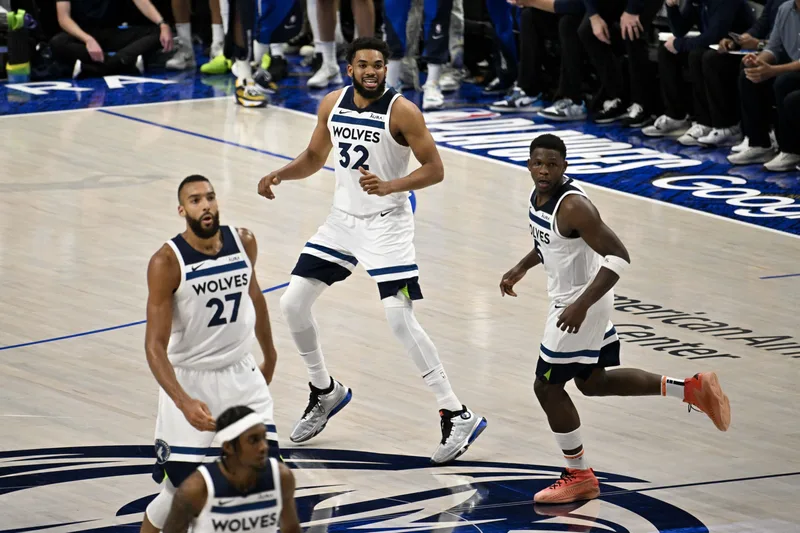
Then I went to my go-to site, it is good for NBA stats. I typed in "Mike Conley" in the player search bar. His profile came right up.
Next, I needed to find his game logs. I clicked on the "Game Logs" tab - that seemed pretty obvious.
Once I was in the game logs section,I looked to filter these games by opponent to games just only for played vs Dallas * Done!
So yeah, that's basically how I did it. Pretty straightforward process to look up a player's stats against a specific team. It's not rocket science, but it's fun to look at the numbers and see how a player is doing, especially this time of year!

First off, I needed some info, right? So, I started digging. I mean, you can't just pull a prediction out of thin air. You gotta have some background.
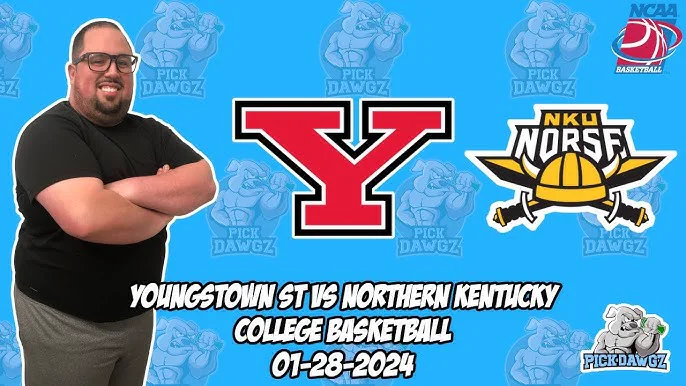
I Looked at recent games for both teams. How they've been playing lately, wins, losses, that sort of basic stuff. Who they played also matters, you know? Beating a top team is different from beating a bottom-dweller.
Then, I tried to find any news about injuries. Is a star player out? That can totally change the game. I even scrolled through some sports forums – sometimes you pick up little tidbits there, though you gotta take it with a grain of salt, 'cause, you know, it's the internet.
After I felt like I had a decent handle on things, I made a simple comparison. Head-to-head, how do these teams stack up? There's no magic formula, it's just about looking at all the pieces and making an educated guess. I am not good at * using my intuition.
Finally, I formed my prediction. It's not a guarantee, obviously. It's sports – anything can happen. But based on what I saw, I felt like [Insert Prediction Outcome Here, e.g., "Youngstown State had a slight edge, especially playing at home"].
And, I put my prediction out that's the whole deal. Just my little process for making a sports prediction. Hope it's helpful, or at least a little interesting!

First, I needed to figure out what I wanted to track. Obviously, I wanted the basic round-by-round scoring. You know, the good old 10-9 system, just like the pros use. But, I wanted to go a little deeper than that.
I brainstormed it and finally decided to track these:
My first attempt was… messy. I just grabbed a piece of paper and started scribbling during the fight. It was a disaster! I couldn't keep up, my handwriting was illegible, and I missed a bunch of stuff because I was too busy trying to write.
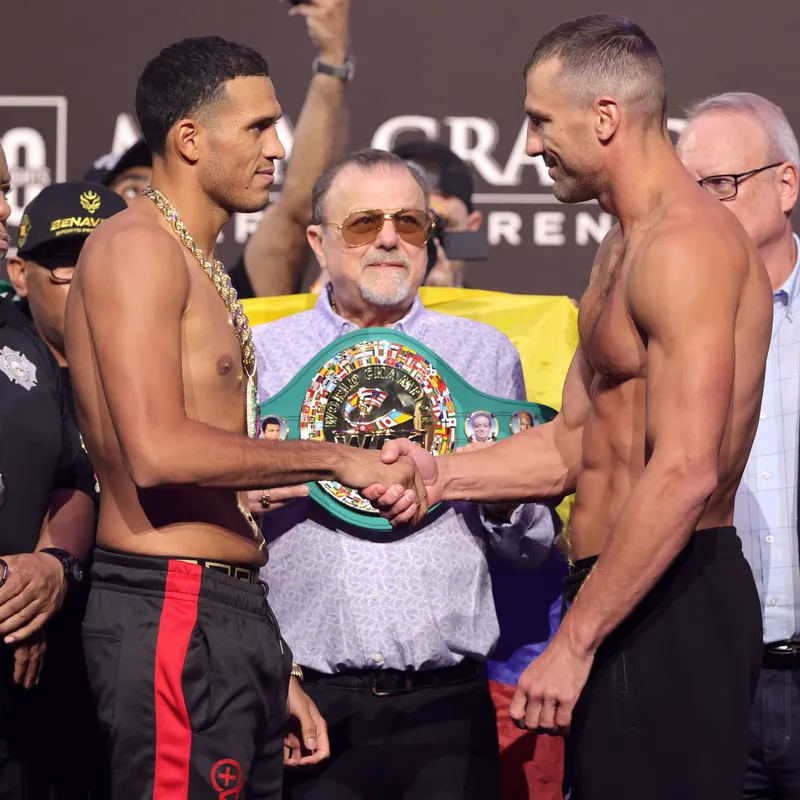
So fail.
Then I tried using excel, I put some fields, columns, and that. Then I filled it with some random data, fight information, and fighter's names, It was not that bad, but it was a bit complex to use it while I was watching the fight at the same time, so I dropped it, It wasn't for me.
I decided to try a more visual way, and I grabbed some color markers and a white paper, this time I divided the paper into sections, one for each round, and inside I wrote the name of the fighters and started scoring.
Red marker for Benavidez, blue for the opponent, that was good, using colors improved the way to get the information.
After the fight, I had this complete scorecard, with all my notes and scores. It was actually pretty cool to look back at and see how my perception of the fight evolved round by round.
It's still a work in progress, but I'm having a blast with it. It makes watching the fights even more engaging. Who knows, maybe I'll even start sharing my scorecards online after each fight. We'll see!

Sports news blog
Hope this sorts out your pressing problem, mate